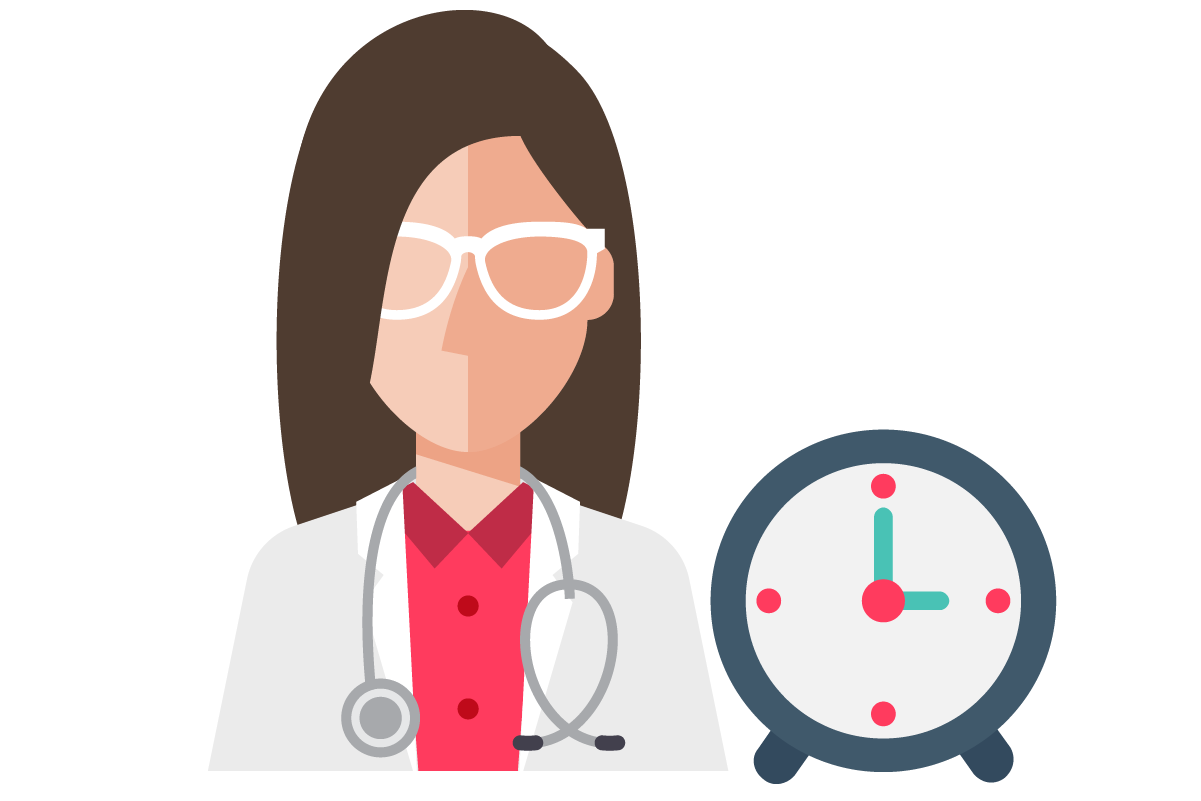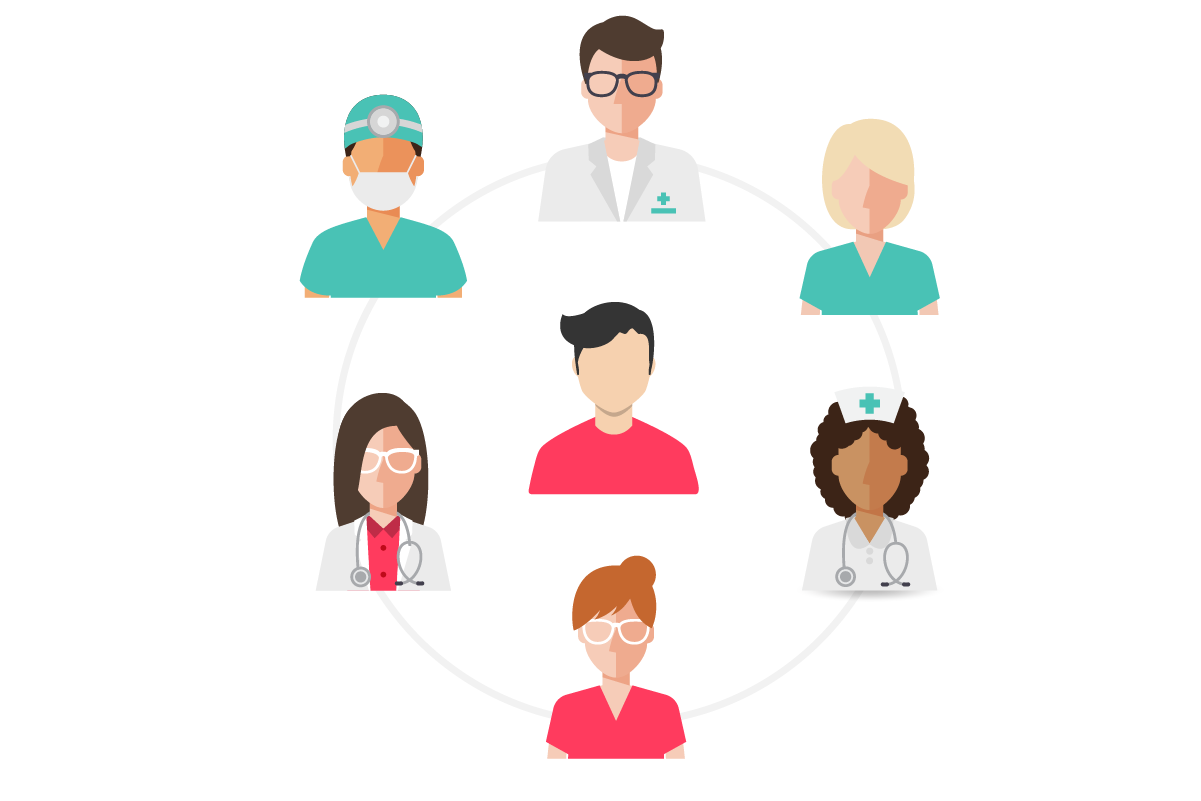Providing healthcare that people really value


Global healthcare successes in assisting people to live longer have also brought about new challenges, such as older people living with multiple conditions and additional complexity, both in their experience of illness and care. It is, therefore, more important than ever to have an honest and open dialogue with people about their needs, and support them in a way that is helpful to them and their families.
We want people working in health and social care and people who use services to think about the values and the behaviours that underpin good experience. Drawing on these values to have meaningful conversations with people to plan and agree care will support all staff and patients to base care around what matters most to people, with a shared understanding of what healthcare might realistically contribute to this. This is the ethos of Realistic Medicine.





To deliver our vision, our first challenge is building a personalised approach to healthcare for people who use healthcare services. But how do we know that the public want Realistic Medicine?
Quite simply, we asked them. Previous NHS surveys show that people want to be more involved in decisions about their care. The second Citizens’ Panel survey results, published in August 2017, also show that people don’t always feel able to speak to their doctor about their care options.
Only 64% of survey respondents have asked their doctor about the possible risks and benefits of their treatment – yet – over 90% said they would feel comfortable doing so.
The willingness to ask some of these questions depends on the behaviour of clinicians and how busy they’re perceived to be.

A study by Phyllis Butow and colleagues showed that patients speak for only 24% of the time;
They asked an average of just 5.6 questions, which took up 0.07% of the total consultation time.
But doctors spoke for 44% of the consultation time, only 5% of which was spent answering patient questions.



We know that people want to be more involved in decisions about their care and there is growing evidence that they’re more satisfied with consultations where they’ve been able to express what matters to them.
There is also evidence that people are more likely to have greater confidence in decisions reached and less likely to regret their treatment choices. So good communication, listening to people, displaying empathy and asking the right questions all lie at the heart of practising Realistic Medicine
Professionals and patients should therefore feel able and willing to have meaningful conversations that will allow people to share decisions about their treatment and care and make an informed choice.
It may be that having discussed the benefits and risks of the available treatment options, people will choose less treatment, or they may decide not to proceed with treatment. They may of course decide to go ahead. The important point is that people should be able to make an informed choice based on what matters most to them.


We know that demand for health and care services is increasing and in order to meet that demand we must consider how to make optimal use of the resources we have to ensure the best possible care for our populations and the individuals who need help.
Healthcare professionals want to ensure or patients have the right treatment at the right time. They aim to ‘do no harm’, and that can sometimes lead them to err on the side of caution with patients: just one more test, or one referral, or one procedure.
The quality and safety, effectiveness and cost effectiveness of care remain vitally important. However, it is possible to provide interventions of high quality and which are safe, effective and cost effective, but if provided to the ‘wrong’ patients at the ‘wrong time’ they will be of low value.
We need to ensure the prevention of harm and waste from overuse and overtreatment, freeing up resources currently used without benefit to clinical outcomes in order to address under-provision of care elsewhere. By freeing up resources which are currently being used to no clinical benefit, we will be able to re-invest in healthcare that people really value.

Realistic Medicine is supported by a range of professional and patient organisations. We work closely with stakeholders such as the Royal Colleges, the Directors of Medical Education, Healthcare Improvement Scotland and the Alliance to make sure that Realistic Medicine is achieving its aims and working for professionals and patients.
To find out more about some of our key stakeholders, click on their logo below to view their website.
Realistic Medicine is supported by a range of professional and patient organisations. We work closely with stakeholders such as the Royal Colleges, the Directors of Medical Education, Healthcare Improvement Scotland and the Alliance to make sure that Realistic Medicine is achieving its aims and working for professionals and patients.
To find out more about some of our key stakeholders, click on their logo below to view their website.